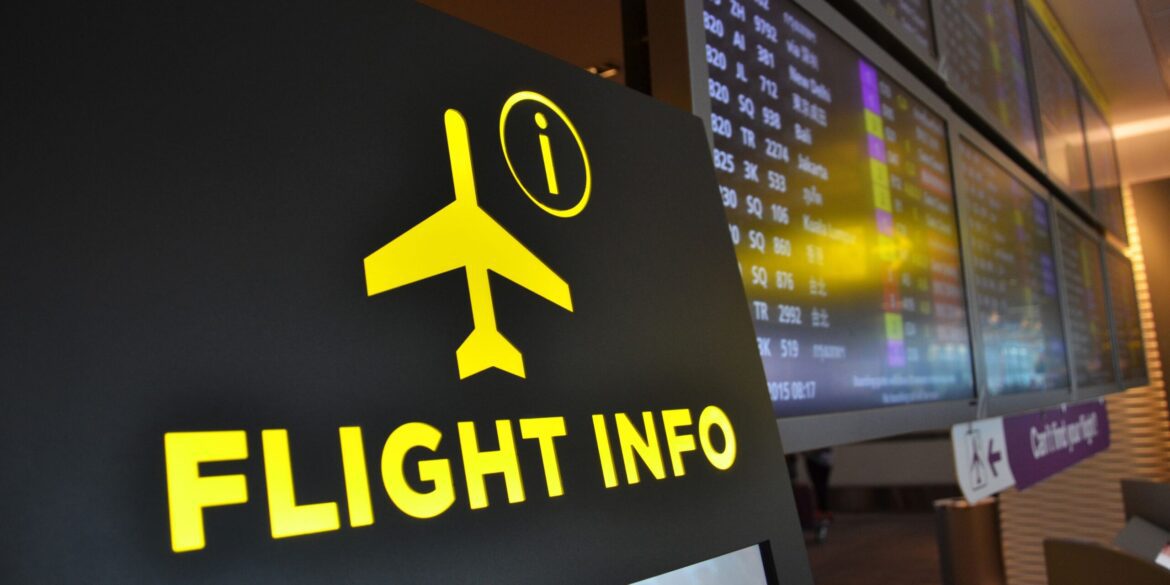Lucas Downey, International Correspondent
On June 13, 2025, Australian Prime Minister Anthony Albanese announced that the Department of Foreign Affairs and Trade (DFAT) would soon update travel advisories for the Middle East, following Israeli airstrikes on Iran. The announcement follows a series of escalating events that have raised significant concerns for the safety of Australians in the region.
The Israeli military recently conducted a series of airstrikes targeting Iranian nuclear sites and military facilities. These actions prompted retaliatory drone attacks from Iran, further escalating fears of a broader regional conflict that could impact neighboring countries and foreign nationals.
Prime Minister Albanese, speaking during an official visit abroad, highlighted the seriousness of the situation. He underscored the need for Australians in the affected regions to stay informed and vigilant. According to his statement, DFAT is actively reviewing its travel warnings and will issue updates that reflect the increasing instability and security threats.
Foreign Minister Penny Wong expressed deep concern about the deteriorating situation. She called for restraint from all parties involved and emphasized Australia’s commitment to promoting peace and stability in the region. She pointed to the destabilizing impact of Iran’s nuclear and ballistic missile programs and called for renewed diplomatic efforts to prevent further escalation.
As the conflict intensifies, DFAT has issued precautionary advice to Australians currently in Iran and surrounding areas. Citizens are being urged to shelter in place, closely monitor local developments, and adhere to guidance from local authorities. The department also warned that international airlines might cancel or reduce flights at short notice, which could complicate efforts to leave the region if the situation worsens.
Travelers are being reminded that in extreme scenarios, the Australian government may not be able to assist with evacuations, especially if commercial flights are suspended. The advisory serves as a stark reminder of the unpredictable nature of geopolitical conflicts and their potential to disrupt travel and endanger lives.
The travel warnings will likely reflect the heightened risk of military and terrorist attacks targeting Israeli interests, which could extend to broader areas across the Middle East. DFAT regularly updates its advisories to ensure that Australians are aware of potential threats, including civil unrest, demonstrations, and terrorism.
Amid the diplomatic and security concerns, Australia is also focusing on humanitarian support for those affected by the conflict. In partnership with Jordan, Australia has launched a joint medical aid initiative aimed at providing essential healthcare services to Palestinians. The program is focused on treating children and other vulnerable populations who have been caught in the crossfire.
Seventeen Palestinian children recently returned to Gaza after receiving critical medical treatment in Jordan. These children had been evacuated months earlier and were treated for a range of serious health conditions. The initiative, part of a broader humanitarian response, ensures that affected civilians receive life-saving care during times of conflict.
Australia’s partnership with Jordan has been instrumental in facilitating this medical corridor. Additional children remain in Jordan under ongoing care, and the program is expected to expand as needs increase. Medical professionals involved in the effort are working tirelessly to deliver services in a challenging and rapidly changing environment.
The broader humanitarian mission also includes the operation of field hospitals, surgical interventions, and targeted care for chronic and emergency conditions. The goal is to reduce suffering and provide a measure of relief in a region grappling with long-standing tensions and renewed violence.
For Australians considering travel to the Middle East, the updated DFAT advisories will serve as a critical tool in decision-making. The government urges travelers to consult the Smartraveller website for real-time information, including safety alerts, local developments, and emergency contact details.
As global tensions mount, the Australian government remains committed to safeguarding its citizens while contributing to international efforts for peace and humanitarian support. The situation continues to evolve, and the coming days will be critical in shaping the regional outlook and the associated risks for travelers.
The Department of Foreign Affairs and Trade is expected to release detailed updates imminently, outlining recommended actions for Australians in affected areas and those planning to travel. Citizens are encouraged to register their travel plans and maintain close communication with Australian embassies and consulates.
The unfolding events highlight the importance of global diplomacy, timely humanitarian intervention, and robust systems for citizen protection in times of crisis.

